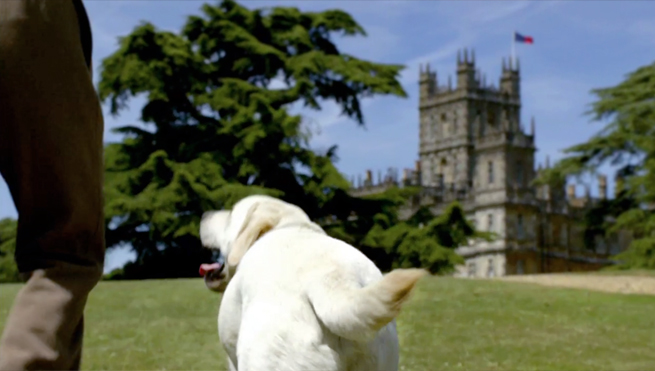The utterance, “There will be a quiz on this” is notorious for striking panic into a roomful of students, but for me it holds the key to my strongest motivation. I am so much more likely to read a textbook chapter that will be followed by a pat on the back in the form of smug circling of correct letters. Not a test, mind you – not an essay, not an exam – but a quiz. Preferably of the multiple-choice variety.
Perhaps it’s the comparative ease of recognition – identifying the correct choice – over recall (coming up with the right technical term to fill in a blank) that provides what enigmatologists have identified as a primal reward. Behavioral game designers schedule these rewards optimally – a bonus round here, an achievement unlocked there – so that the brain never suffers the frustration of dopamine withdrawal during game play, and that iPad becomes nigh on impossible to put down. Continue reading






